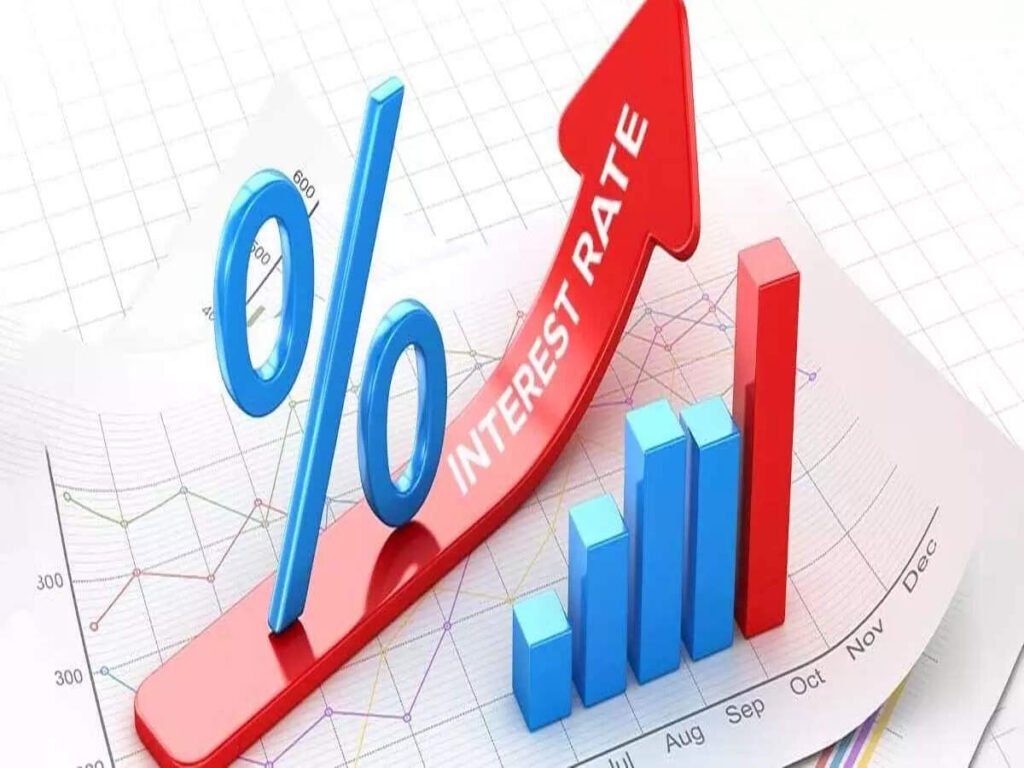
The Potential Rise in Housing Costs: Concerns and Opinions of Homebuyers and Renters in 2024

Will Housing Costs Rise in 2024? Homebuyers and Renters Think So
As we approach the year 2024, many homebuyers and renters are concerned about the potential rise in housing costs. With the ever-changing real estate market and various economic factors at play, it’s natural to wonder what the future holds for housing prices. In this blog post, we will delve into the factors that could contribute to an increase in housing costs and explore the opinions of both homebuyers and renters.
The Current State of the Housing Market
Before we can discuss the potential rise in housing costs, let’s take a look at the current state of the housing market. Over the past few years, we have witnessed a significant increase in home prices across many regions. Low inventory, high demand, and low mortgage rates have created a competitive market, driving up prices.
Additionally, the COVID-19 pandemic has had a profound impact on the housing market. With remote work becoming more prevalent, many individuals and families have sought larger homes or relocated to areas with lower costs of living. This increased demand has further fueled the rise in housing prices.
Factors That Could Contribute to Rising Housing Costs
While the current state of the housing market has already led to rising costs, several factors could contribute to further increases in the coming years:

1. Supply and Demand Imbalance
One of the primary drivers of housing costs is the balance between supply and demand. If the demand for housing continues to outpace the supply, prices are likely to rise. With the population expected to grow and more individuals entering the housing market, the demand for housing is expected to remain high.
However, the supply of housing has not kept up with this demand. The construction industry has faced challenges such as labor shortages, rising material costs, and zoning restrictions. These factors have limited the number of new homes being built, exacerbating the supply and demand imbalance.
2. Inflation and Interest Rates

Inflation and interest rates play a significant role in determining housing costs. If inflation rises, the cost of goods and services increases, including the cost of construction materials and labor. This can drive up the overall cost of building new homes and lead to higher housing prices.
Similarly, interest rates have a direct impact on mortgage rates. If interest rates rise, borrowing becomes more expensive, making homeownership less affordable for many potential buyers. This can slow down the demand for housing, but it can also lead to an increase in rental prices as more individuals opt to rent instead of buying.
3. Economic Growth and Job Market

The state of the economy and the job market can also influence housing costs. When the economy is thriving and job opportunities are abundant, more individuals have the financial means to purchase homes. This increased demand can drive up prices.
Conversely, during economic downturns or periods of high unemployment, the demand for housing may decrease. However, this does not necessarily mean that housing costs will decrease. In fact, rental prices may rise as more individuals opt to rent instead of buying due to financial uncertainties.
Opinions of Homebuyers and Renters
Homebuyers and renters alike have expressed their concerns about the potential rise in housing costs in 2024. Many individuals who are currently in the market to buy a home fear that prices will continue to increase, making homeownership even more unattainable.
Renters, on the other hand, are worried about rising rental prices. With the possibility of higher housing costs, some renters are concerned that they may be priced out of their current living arrangements or face difficulties finding affordable housing.
It’s important to note that these concerns are not unfounded. The factors mentioned earlier, such as supply and demand imbalances, inflation, interest rates, and economic growth, all contribute to the potential for rising housing costs.
Conclusion
While it is impossible to predict the future with certainty, many homebuyers and renters believe that housing costs will indeed rise in 2024. The current state of the housing market, coupled with various economic factors, suggests that this trend may continue. However, it’s essential to consider individual circumstances and regional variations when assessing the impact on housing costs.
Whether you are a homebuyer or a renter, it is crucial to stay informed about the housing market and make well-informed decisions based on your financial situation and long-term goals. Consulting with real estate professionals and financial advisors can provide valuable insights and guidance in navigating the ever-changing landscape of housing costs.
